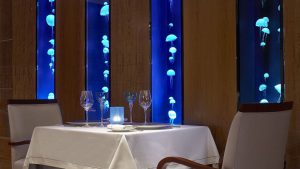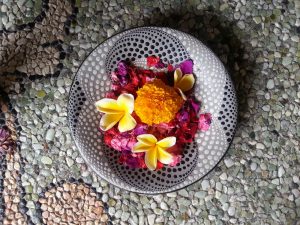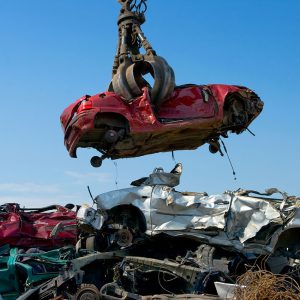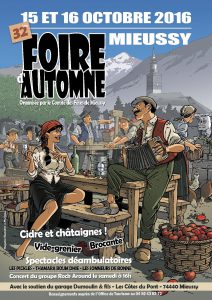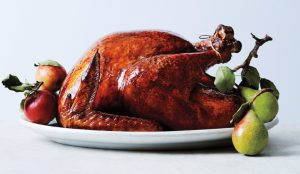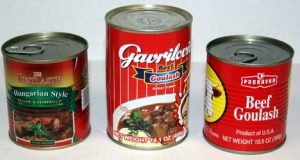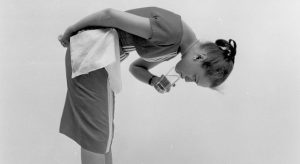It is not easy to get solar panels onto your Geneva village house roof. In fact, so far it has been elusive and coincided perfectly with the family motto (“Pay More, Get Less!”): we have paid money and our roof is buck-naked.
It all began in the spring with a telemarketing phone call. A well-spoken person asked to speak to the man of the house, and as he pronounced the family name correctly and there were no conversations buzzing in the background, I was fooled into believing he was someone real. The next thing I knew, he was sitting at the kitchen table with binders full of illustrated solar information.
He was not quite the real McCoy, of course, and in serious solar panel buying, you should contact at least three people on the Official Swiss Solar Panel List. (Our telemarketing man’s company did not feature.) Three more men came and explained their wares.
Surprisingly, it turned out that our village is “classified” – which means that it contains architectural jewels that have to be protected from ugly technology. I am not sure where they are located, except for the one old farmhouse whose roof is caving in and things are growing out of at the same time. This, I agree, is not solar panel material.
 Anyway, for the rest of us, we need permission from the village mayor to have solar panels placed on our roofs. And for this quest to be successful care, precision and money are essential. First of all you have to give your solar panel company CHF 1’000.00 to open a file. Then you have to have your house (roof) resurveyed to make sure that it has not expanded or contracted since it was first built. This costs another CHF 1’500.00
Anyway, for the rest of us, we need permission from the village mayor to have solar panels placed on our roofs. And for this quest to be successful care, precision and money are essential. First of all you have to give your solar panel company CHF 1’000.00 to open a file. Then you have to have your house (roof) resurveyed to make sure that it has not expanded or contracted since it was first built. This costs another CHF 1’500.00
And then you wait. This, more than half a year later, is our current stage.
Many new buildings (such as the apartment monstrosity across the road built in post-modern 21st-century Gulag-style) feature a small strip of solar panels on their roofs. This is little more than decoration to show the sustainable, durable, ecological nature of the building project. They do very little on a practical level.
What one needs is a correctly-exposed roof covered with photovoltaic panels that can produce enough electricity for all domestic needs. At the moment, excess energy is fed back into the Geneva electricity grid, but in the near future when Elon Musk’s huge batteries become affordable, all the energy will go into in these storage batteries and the system becomes integrated and independent.
Very simply, we will get all our electricity from light.
According to Leonardo DiCaprio, President Obama, and the Pope, (Before the Flood) if ALL buildings do this and ALL countries stop burning fossil fuels we MIGHT be able to draw back from the edge of the natural holocaust that has already begun.
We will all be judged by what we leave behind, and what I would really like to leave behind is a roof-full of solar panels.
